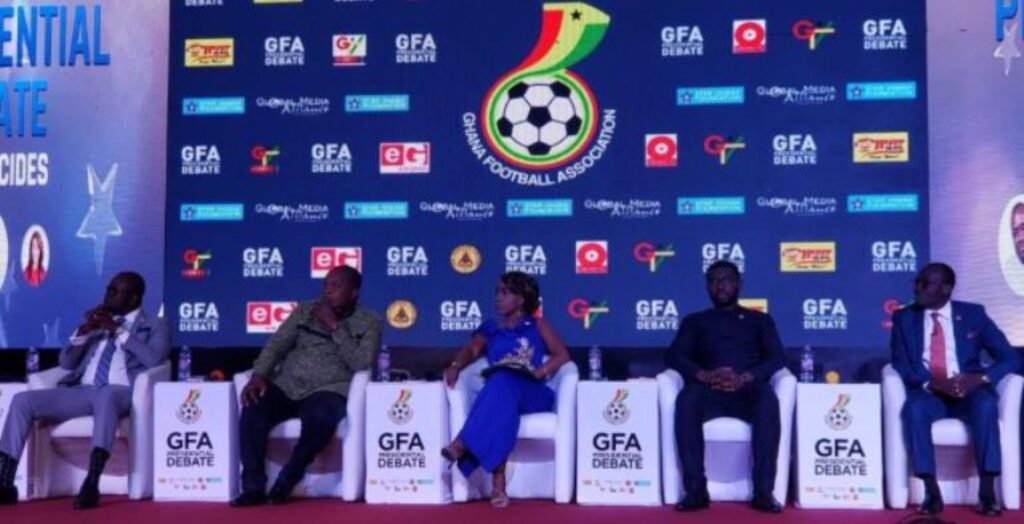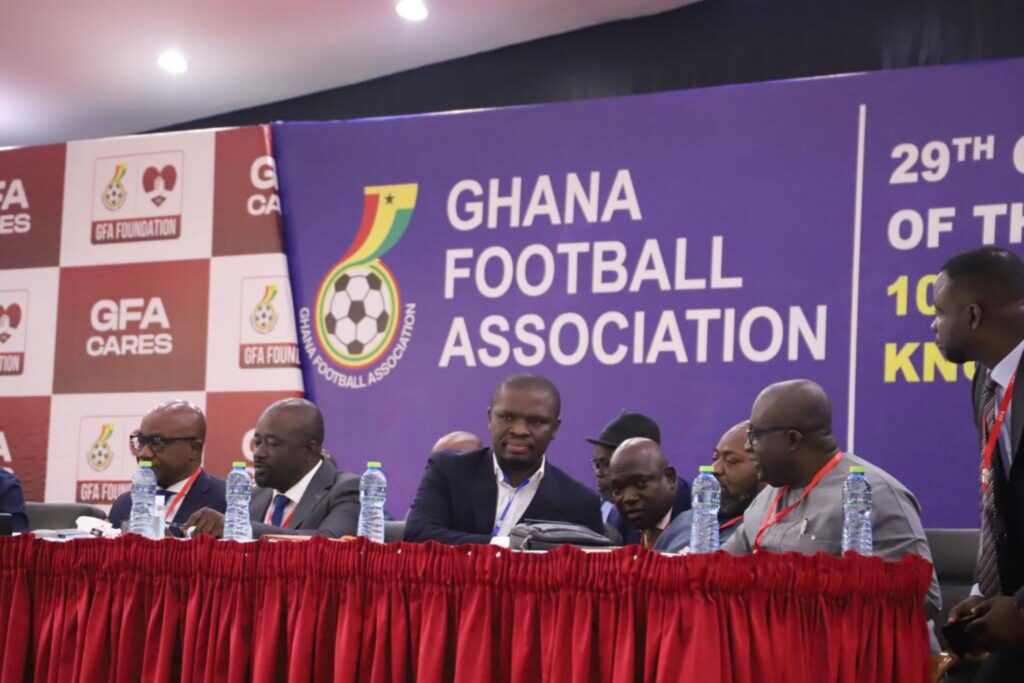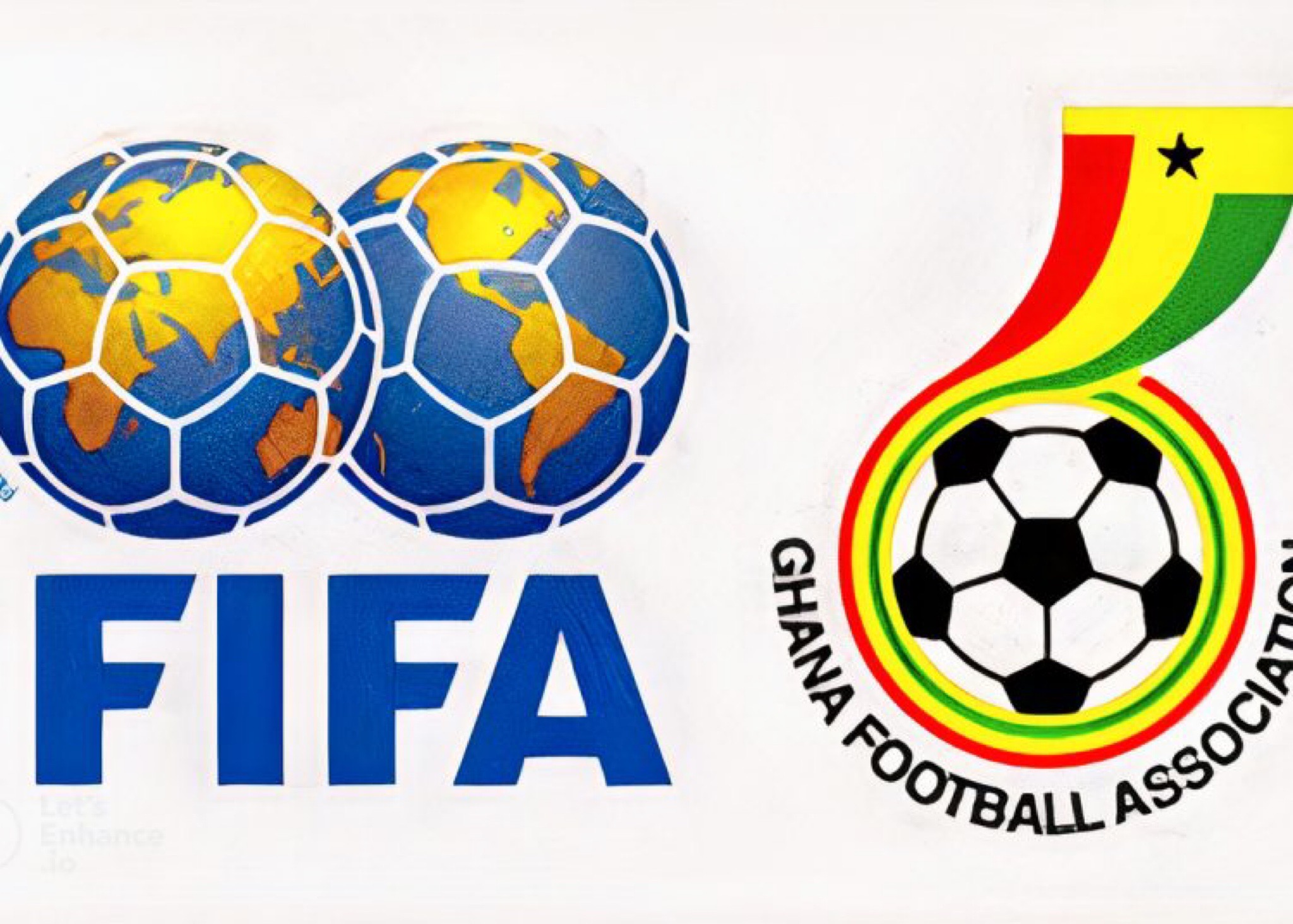The Ghana Football Association (GFA), which is headquartered in Accra, the country’s capital, is the organisation that oversees football in Ghana.The Ghanaian Minister of Sport, Isaac Kwame Asiamah, dissolved the Association on June 7, 2018, following the finding of corruption within the organisation through investigative recordings. The Association was founded in 1957. After the FIFA Normalisation Committee’s work was finished, the association met again in October 2019 and chose Kurt Okraku as its new president. Later, in November 2019, Mark Addo won the vice presidential election.The Ghana Football Association’s president, Kurt Edwin Simeon Okraku, was re-elected during the 2023 Elective Congress in Tamale, in the northern region of Ghana.
Established in 1920, the Gold Coast Football Association was one of the oldest football associations in Africa and served as the governing body for football in Ghana until its replacement, the Ghana Football Association (GFA). The Gold Coast Football Association was the previous name of the Ghana Football Association (GFA). In the latter part of the 1800s, European traders brought football to the Gold Coast. Along the coast, a number of amateur clubs were established as the game gained popularity.

According to records, the first colonial cities in sub-Saharan Africa to have official leagues in the Gold Coast were Cape Coast and Accra. The Accra Football League began in 1922, following a lacklustre debut in 1915. Sir Gordon Guggisberg, the progressive British governor of the day and the man who founded the league, is honoured by the Guggisberg shield, which is awarded to the winning team.
European traders, who had by then taken control of the coastal regions and erected forts and castles to aid in trade, introduced football to the Gold Coast towards the end of the 1800s. The sailors would play football with the natives and among themselves in their free time.
As the game gained popularity along the coast, Mr. Briton, a British citizen of Jamaican descent who was the head teacher of the Philip Quaque Government Boys School in Cape Coast at the time, organised the first football team, Excelsior, in 1903. Other amateur clubs, such as Accra Hearts of Oak, Accra Standfast, Cape Coast Venomous Vipers, Cape Coast Mysterious Dwarfs, Sekondi Hasaacas, and Sekondi Eleven Wise, were created around the coast as the game’s popularity increased.
Ordinance 14, passed by the Gold Coast government in 1952, created the Gold Coast Amateur Sports Council and gave the government the legal right to oversee all amateur associations, including football.The game became more and more popular across the nation, and by the end of 1930, the existing clubs had gathered and chosen Richard Maabuo Akwei as their chairman.
Around the middle of 1950, the clubs led by Ohene Djan accused Akwei of poor management and cast doubt on his capacity to advance Ghanaian football. As a result, they sent letters regarding Akwei’s mismanagement of the Amateur Football Association to Joseph Ranadurai, the Pioneer Sports Organiser, and Sir Charles Arden-Clarke, the Governor of the Gold Coast. Ohene Djan organised a “Football Revolution” and overthrew the Akwei Administration in 1957 while the petition was being processed.

The Ghana Amateur Football Association was formally established in 1957 when Ohene Djan was chosen by the clubs to serve as General Secretary of the Football Association. In 1958 and 1960, he strategically linked the Association with FIFA and CAF.
Ohene Djan played a key role in getting Merrs R.R. Harding and Company, a pharmaceutical company, to sponsor the inaugural Ghanaian FA Cup competition. He was successful in hiring George Ainsley, an expatriate coach, for the National Team the same year. Subsequently, in 1959, he managed to organise the first national league once more, and on July 1st, 1960, Ghana became a republic.
The Winneba Declaration of 1993 allowed Ghanaian football to overcome its amateur status. The establishment of professional teams made it possible for clubs to become Limited Liability Companies under the Companies Code (Act 179, 1963).
On June 7, 2018, the Association was dissolved ‘with immediate effect’ following the revelation of the extent of corruption in Ghanaian football in general and in the Association by undercover journalist Anas Aremeyaw Anas. It was captured on camera that association officials and referees accepted bribes. Since the GFA’s affiliates and arms were dissolved, Sports Minister Isaac Kwame Asiamah referred to Kwesi Nyantakyi as the “former president” on JoyFM in Accra. Because of this, FIFA banned Ghana from participating in any international competition for the foreseeable future and scrapped the 2018 Ghanaian Premier League. Reopening as planned for August 2019.

Kurt Okraku was the victorious candidate from the six contenders in the elections conducted in October 2019. The Women’s League Committee was formed in November 2019. Hilary Boateng, the team’s chairperson, Rosalind Amoh, the vice chairperson, Christian Isaac Mensah, Nana Aba Anamoah, Cleopatra Nsia, Jerry Dogbatse, and Nana Poku Fosu Geabour II comprised the squad. Prosper Harrison Addo was named General Secretary in January 2020.
The dissolution of the technical crews for all national teams was announced early in January 2020. This was done in an effort to improve team performance and give the sport a new lease on life. Mercy Efua Tagoe-Quarcoo and Charles Kwabla Akonnor were named head coaches of the Black Queens and Black Stars, respectively, following their dissolution. David Duncan aided Mercy Tagoe-Quarcoo, Charles Anokye Frimpong, and Charles Akonnor. The GFA expanded to include the National Teams Department, and Mr. Alex Asante, a deputy general secretary, was named as the department’s acting director.
The Court of Arbitration for Sport dismissed Wilfred Kwaku Osei Palmer’s appeal in September 2020. The appeal included several claims, including the nullification of the October 2019 Ghana Football Association presidential elections.
In September 2022, Access Bank Ghana signed a US$250,000, one-year agreement to become the GFA’s official banking partner. The National Team’s official kit sponsor is PUMA, the FA Cup’s main sponsor is MTN, and StarTimes is the official broadcaster of the Ghana Premier League.

The Ghana football association since it was dissolved has faced a lot of problems, however there is high hope to improve on the quality and credibility of the game to bring back the glory days of Ghana football. The last time the country won the CAF African Cup of Nations was 1982, the country has four and is recognized as one of the best football countries in the African continent. The black stars of Ghana has featured in four world cups 2006, 2010, 2014 and 2022. Ghana has two teams currently playing in the CAF Champions League and the Configuration League being Medeama SC and Dreams FC. The last time a Ghanaian team won the CAF Champions League was in the year 2000 by Accra Hearts of Oak.
The people of Ghana being football loving people hope that the country wins the African Cup for the fifth time to end the drought. This will take years and will depend on the quality of the Ghana Premier League and the plans of the Ghana Football Association to make it possible.
